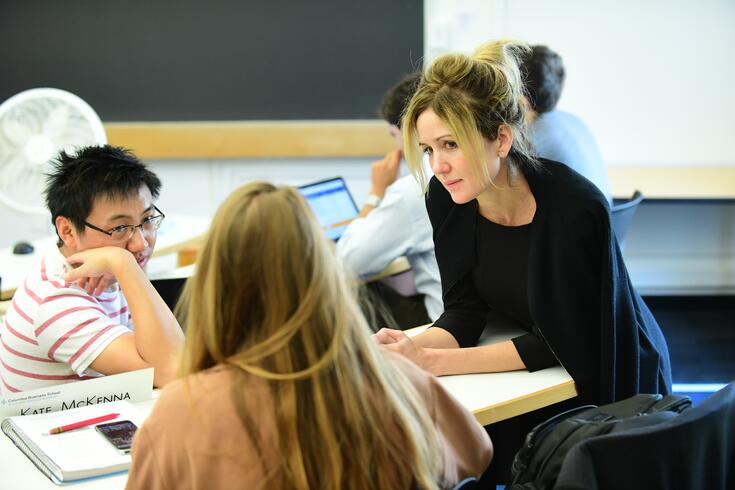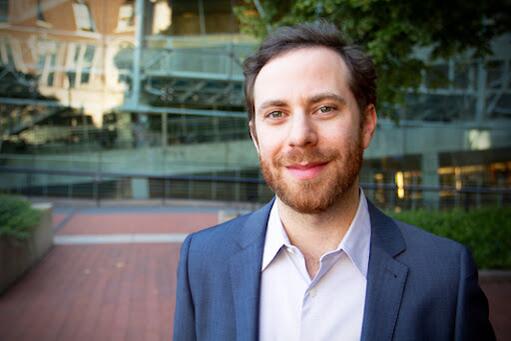As Red Lobster Files for Bankruptcy, Changing Tastes Take a Toll on Its Casual-Dining Competitors
Mentioned Faculty (1)

Stephen Zagor
Stephen Zagor is a New York City based Consultant and Educator, focusing on restaurants and food businesses. He has developed an extensive knowledge of the culinary industry, specializing in the business side of food enterprises.
As a consultant Steve has provided comprehensive support to a wide variety of clients including entrepreneurs starting restaurants, food retail businesses and food products. His clients have included large public companies, investment funds, government agencies, lawyers, large restaurant groups and small food business owners.















